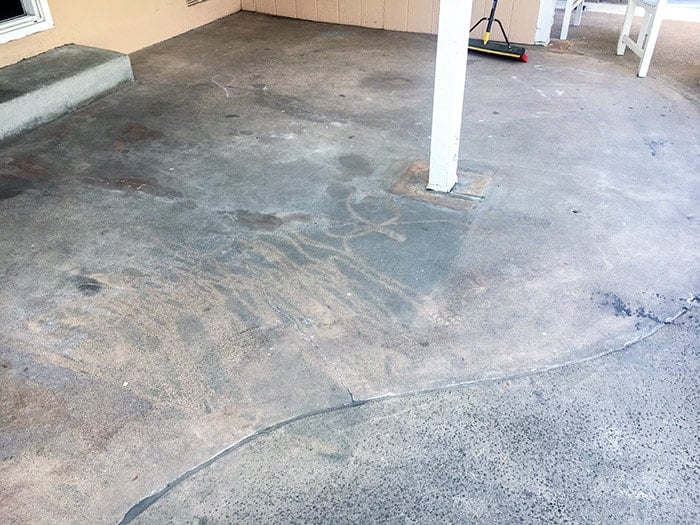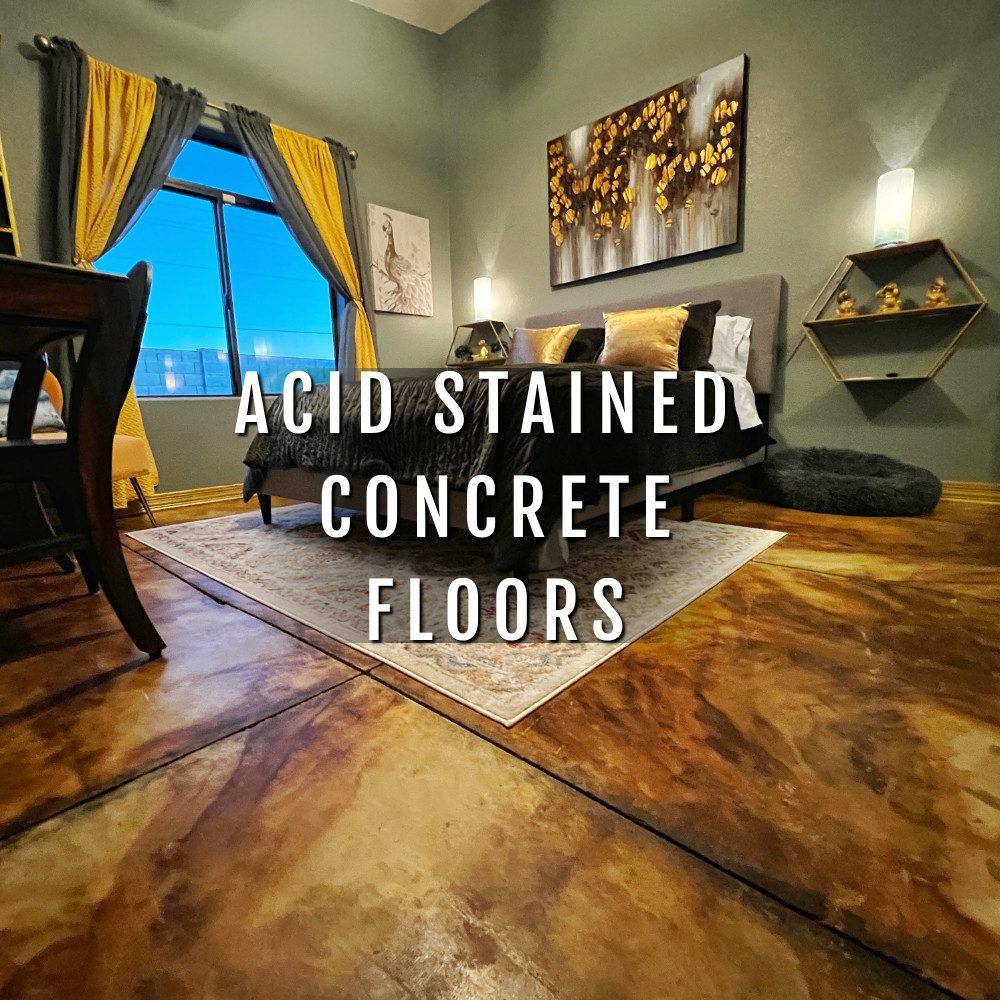Why Regional Discolored Flooring Is the Perfect Selection for Sustainable Home Improvement
In the world of sustainable home improvement, local discolored flooring has actually emerged as a preferred selection among environmentally aware house owners. As a cost-efficient investment with lowered upkeep requirements, it raises a provocative question: could this be the ideal solution for lasting housing?
Comprehending the Concept of Local Tainted Flooring
While the idea may appear unique to some, local tarnished floor covering is an innovative method to home enhancement that incorporates aesthetics, sturdiness, and sustainability. The discoloration procedure not only improves the all-natural appeal of the timber grain but additionally adds a layer of security, enhancing the long life of the floor covering. Utilizing neighborhood timber varieties often sustains regional economic situations and advertises liable forest administration methods.
The Appearance of Neighborhood Stained Flooring
Why is regional stained floor covering getting appeal for its appearances? Local stained flooring provides a diverse range of patterns and shades, reflecting the all-natural elegance and variants of the regional timber types used. Eventually, the allure of local stained flooring exists in its capacity to transform homes into distinct, aesthetically appealing areas while advertising sustainability.
Environmental Effects of Regional Stained Flooring
The ecological effects of regional discolored floor covering incorporate two significant factors: lowering carbon footprint and waste minimization advantages. Utilizing locally sourced materials for tarnishing not just decreases transportation discharges, yet additionally advertises lasting forestry techniques. The waste minimization element comes into play as these flooring types commonly have a longer life-span, minimizing the frequent requirement for replacements and the waste associated with it.
Decreasing Carbon Footprint
As homeowners transform to more sustainable choices, local discolored flooring emerges as a practical service to reduce carbon footprint. This sort of floor covering largely makes use of in your area sourced materials, which substantially lessens the requirement for transport. Consequently, this lowers discharges related to products transport, contributing to reduced levels of greenhouse gases in the ambience. The procedure of staining the floor covering, instead than using artificial coverings, entails less chemicals and much less energy-intensive procedures. This results in a reduction in carbon exhausts throughout the production process. Selecting local discolored flooring demonstrates a reliable measure in promoting ecological sustainability, highlighting a substantial method home owners can add to combating climate modification from the convenience of their own homes.
Waste Reduction Advantages
Although frequently ignored, waste reduction is an additional substantial benefit of local stained flooring. By picking this choice, homeowners assist decrease the mass of waste headed to garbage dumps. This flooring type, generally sourced from regional timber, can be brought back, refinished, and recycled, contributing to its durability. Unlike artificial flooring, it doesn't add to the development of non-biodegradable waste. Furthermore, the discoloration procedure utilizes less sources and generates much less waste contrasted to producing brand-new floor covering materials. Any waste generated throughout the discoloration process is generally natural and eco-friendly, mitigating environmental harm. As a result, the option of regional stained flooring not only improves homes but also underpins a dedication to sustainable living and waste reduction.
The Longevity and Upkeep of Regional Discolored Floor Covering

The Cost-Effectiveness of Local Stained Flooring
While local discolored flooring might initially appear a lot more pricey than other choices such as rug or laminate, its durability and longevity rapidly turn it into a cost-efficient choice. The in advance expense is commonly offset by the reduction in maintenance costs in time. Unlike carpets that require routine deep cleaning or laminate that might need replacement after a few years, discolored floorings are constructed to last, minimizing the demand for costly repair services or replacement. In addition, neighborhood sourcing of materials minimizes transport costs, contributing to both economic cost savings and a reduced carbon impact. For property owners seeking a sustainable, affordable option for their flooring requires, neighborhood tarnished flooring becomes a premium, long-lasting investment that settles gradually.

The Real World Examples of Lasting Houses With Neighborhood Tainted Floor Covering
In the world of lasting home improvement, local stained floor covering has actually arised as a right here popular choice. To even more show its advantages, numerous genuine life examples of environmentally friendly homes that have effectively included this floor covering technique will certainly be highlighted. These instance researches provide tangible proof of the advantages and effect of utilizing local stained flooring in lasting homes.

Showcase: Eco-Friendly Flooring Residences
Scanning the world, one can find countless homes that embody the idea of environment-friendly living through the use of regional stained flooring. Across oceans in copyright, a modern-day home showcases its abundant, maple-stained flooring, a testament to the plentiful neighborhood timber supply (Residential Stained Concrete Floors). These homes not just showcase the aesthetic versatility of local tarnished flooring yet additionally its payment to an extra lasting way of living.
Regional Tarnished Flooring Benefits
The indisputable allure of neighborhood discolored floor covering extends past its aesthetic allure, as it additionally supplies significant advantages to both homeowners and the atmosphere. One more instance is a green-certified home in Austin, Texas, where locally sourced walnut was stained and utilized for flooring, adding to the home's LEED qualification.
Conclusion
In verdict, local tarnished floor covering is a lasting and sensible alternative for home improvement. This choice sustains neighborhood economies, minimizes environmental effect, and enhances home aesthetics. Its sturdiness guarantees durability, reducing maintenance expenses over time. With its distinct mix of ecological, affordable and aesthetic advantages, regional stained flooring is a clear selection for house owners seeking a sustainable, aesthetically enticing and economical home enhancement solution.
In the world of lasting home enhancement, local discolored floor covering has emerged as a prominent option among ecologically aware property owners. Neighborhood tarnished flooring uses a varied array of patterns and colors, reflecting the natural appeal and variants of the neighborhood wood species utilized. The option of local stained flooring not just beautifies homes but additionally underpins a dedication to lasting living and waste reduction.
For house owners seeking a lasting, economical option for their flooring needs, regional tarnished flooring arises as a premium, lasting financial investment that pays off over time. Residential Stained Concrete Floors.
With its unique mix of ecological, cost-effective and aesthetic advantages, regional discolored flooring is a clear choice for home owners looking for a Home Page lasting, cost-efficient and visually attractive home improvement option.